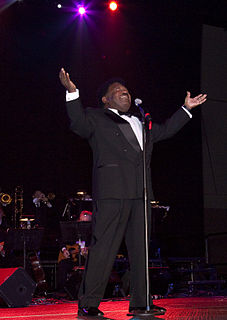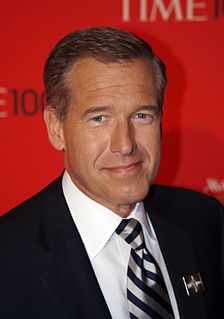A Quote by John Kleinig
I confess to being something of a philosophical butterfly. The world is full of so many interesting questions, and although my greatest passion is for some form of applied ethics, that leaves me with oodles of possibilities, many of which I have never had the time or opportunity to explore in great depth.
Related Quotes
For me, Stalinism was even a greater philosophical problem than Nazism. Under Nazism, if you were a Jew, you were simply killed, no questions asked, you had nothing to prove. Under Stalinism, of course, most [victims] were on trial for false accusations; most of them were not traitors. There is one interesting feature: that they were tortured or through some kind of blackmail forced to confess to being traitors.
In my view, there was a long period in which analytical philosophy had little to say about ethics. I think their intellectual tools did not do well with it, and analytical philosophy was above all about revolutionizing the philosophical tool box. It was more or less assumed that the Truth about ethics was some form of utilitarianism (perhaps because some consequentialist calculus looked to them like a respectable tool). Kantian ethics was then interpreted as a particularly odious version of the False - "deontology" - and treated with contempt.
The axioms of physics translate the laws of ethics. Thus, "the whole is greater than its part;" "reaction is equal to action;" "the smallest weight may be made to lift the greatest, the difference of weight being compensated by time;" and many the like propositions, which have an ethical as well as physical sense. These propositions have a much more extensive and universal sense when applied to human life, than when confined to technical use.
This clarity made me able to behave normally, which posed some interesting questions. Was everybody seeing this stuff and acting as though they weren't? Was insanity just a matter of dropping the act? If some people didn't see these things, what was the matter with them? Were they blind or something? These questions had me unsettled.
I personally don't think of the music as being particularly dark, though many seem to disagree as I often have to answer that question. I try and make the Lustmord sound have a real mass and a tangible presence, which some choose to interpret as dark. It's an interesting distinction. Although there are dark elements interwoven within the whole, it's only one of many textures.
Ethics and power are separate. Ethics and morality. I think life would be miserable if there weren't some kind of code that people operated by, but history is full of many, many people who have gotten power by very unethical means, and people who were very ethical, who get no power, people who have the most brilliant, lovely, wonderful, nice intentions and bring about horrible things in the world because they don't know how to play the power game.
I think there's some pretty amazing language in the Bible. The thing that's always been interesting to me about religion is that compared to the more modern spirituality, the West Coast pseudo-Buddhist thing that people go for these days, actual Buddhism and Islam have been looking at these philosophical questions, at really hard questions, for a long time. There's a lot of stuff that philosophy doesn't talk about, and in the secular world, a lot of times, people don't talk about these ideas, and that was always really interesting for me.
There are some good things to be said about walking. Not many, but some. Walking takes longer, for example, than any other known form of locomotion except crawling. Thus it stretches time and prolongs life. Life is already too short to waste on speed. I have a friend who's always in a hurry; he never gets anywhere. Walking makes the world much bigger and thus more interesting. You have time to observe the details. The utopian technologists foresee a future for us in which distance is annihilated... To be everywhere at once is to be nowhere forever, if you ask me.
Oh God, it's such a big world right now for artists. There are as many possibilities as you can have time for, getting your music out there with the internet, and Youtube, Vimeo, Facebook, and everything that you have, there is a way to spread the word. To me, the first thing you have to have is substance and content and real depth.
































